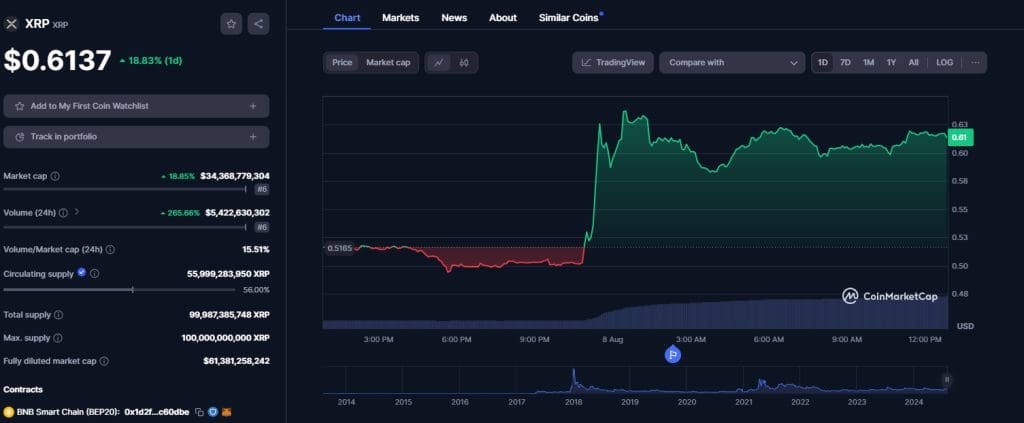Ron DeSantis’ CBDC Ban and What It Would Mean for Crypto
CBDCs are a hot topic among governments around the world. In essence, they combine ever-popular stablecoins with fiat currency. The government, usually through a treasury or federal reserve agency, issues these stablecoins as legal tender. Through them, the government can create a system of regulated, wireless payments. Ultimately, CBDCs can help a nation shirk physical money entirely.
These assets have come into the fold, especially over the last several years, thanks to the booming popularity of cryptocurrencies. In the crypto industry, companies like Circle already offer stablecoins built to retain a single price point. CBDC regulation would allow the U.S. Department of the Treasury to control its own stablecoin and could nationalize these stablecoin efforts. This would prevent investors from being subjected to unintended consequences when facing a private stablecoin operation, like USD Coin’s (USDC-USD) de-pegging after the collapse of Silicon Valley Bank.
With countries like China already deep into CBDC testing, some Americans are excited by the prospect of a USD CBDC. However, there are many skeptics around whether CBDCs are all they’re cracked up to be. One such skeptic, Ron DeSantis, is looking to make moves that could stifle the country’s ability to roll out its own digital currency.
Ron DeSantis Looks to Bar CBDCs
Of the group of folks skeptical of the CBDC market, Republicans are a majority. Republican lawmakers have expressed many a gripe with the challenges facing CBDC adoption and how to roll out digital currency. Florida Governor Ron DeSantis is one such lawmaker. This week, DeSantis is clamping down on a possible CBDC project by aiming to bar a digital USD in his state.
Indeed, this week Ron DeSantis says he will ensure any possible centralized bank currency is banned within Florida. DeSantis reasons his potential ban by calling these assets “government-sanctioned surveillance.” He adds that they will stifle innovation by competing with the private sector. DeSantis also adds he hopes to ban the use of foreign CBDCs within the state.
These views fall in line with much of the Republican Party regarding CBDCs. The Republicans of the Financial Services Committee in Congress voice many of the same opinions. They argue that the government should work on fostering competition between existing stablecoin companies rather than impeding them. Lawmakers also argue that a CBDC will become a “political tool.” It’s worth noting that DeSantis is behind several pro-crypto policies in Florida. DeSantis and other CBDC critics are vocal proponents of a privatized crypto industry.
With DeSantis’ plans, investors are left to wonder about the influence of this news. Should Florida bar CBDCs in its borders, other red states could be pushed to do the same.
On the date of publication, Brenden Rearick did not hold (either directly or indirectly) any positions in the securities mentioned in this article. The opinions expressed in this article are those of the writer, subject to the InvestorPlace.com Publishing Guidelines.
Brenden Rearick is a Financial News Writer for InvestorPlace’s Today’s Market team. He mainly covers digital assets and tech stocks, with a focus on crypto regulation and DeFi.





